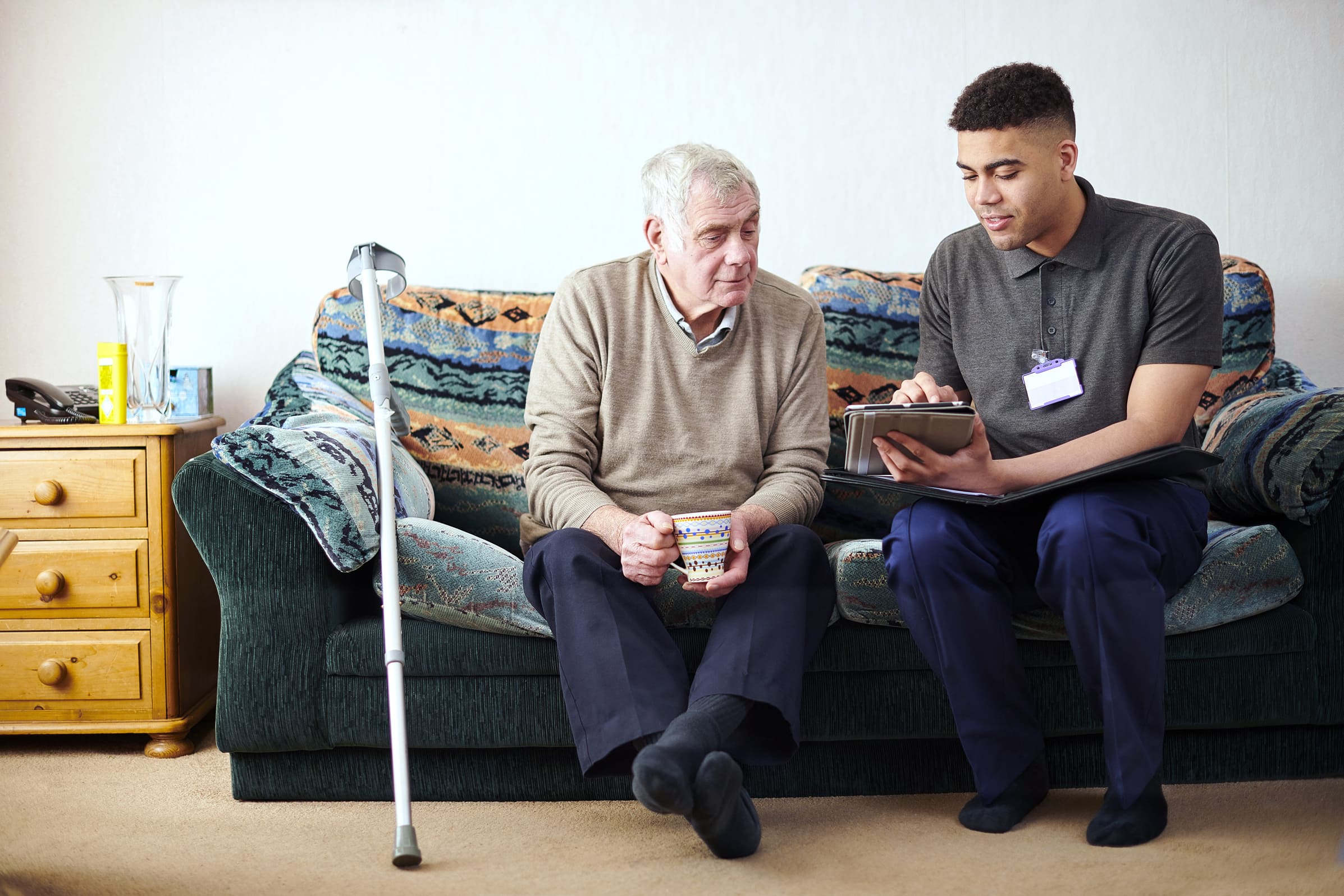Hit enter to search or Esc to close
Case Study
‘Empowering Lewisham’: an Evidence-Based Approach to Adult Social Care Delivery and Council Change
In response to rising population and costs, the Empowering Lewisham Programme was launched to achieve the ambitions set out for residents by Lewisham Council while becoming more financially sustainable.
The Challenge
Lewisham Borough Council’s adult social care service aims to provide consistent, fair access to outstanding tailored care and support for their residents in need. At the same time, like many other authorities, it is facing significant financial pressure.
Over the past three years, Lewisham’s community services expenditure has increased by approximately £10m. Therefore, they decided to embark on the Empowering Lewisham programme with the objective of identifying opportunities to achieve their ambitions for residents while becoming more financially sustainable.

Identifying opportunities to achieve their ambition
The Empowering Lewisham programme started with a comprehensive, evidence-based diagnostic.
The diagnostic involved engaging with over 100 practitioners from 12 disciplines to review more than 100 active cases in multi-disciplinary team review workshops, to understand the opportunities to achieve more independent outcomes for people. This was supported by analysis of millions of data points from the case management system, to understand baselines, trends, patterns, and variation.
Considerable time was also spent directly at the frontline with staff, shadowing activity and ways of working, to develop an understanding of processes and barriers, as well as the team culture and environment for change.
Key Issues:
Improved Independence
Case reviews identified that 58% of older adults could have achieved a better and more independent outcome.
Goals Focussed Approach
Case reviews identified that up to an additional 500 people per year could be more independent if they were to receive enablement. They also showed that those residents receiving enablement could achieve a greater level of independence if a goals-focused approach were in place.
Progression Service
Case review workshops identified that there was a significant opportunity to better support and actively progress the independence of adults with learning disabilities. Multi-disciplinary team reviews of cases of adults with learning disabilities and transitions cases showed that a significant proportion of individuals could benefit from a progression service.
How did we help deliver sustainable change?
Based on the findings from the diagnostic, a plan was created to transform practice, processes, and ways of working across adult social care.
This involved supporting frontline practitioners with better practice and processes; improving the efficiency and effectiveness of enablement services; and redesigning progression and next steps for adults with learning disabilities.
It also involved working across the wider council on a number of enablers of change.
Business intelligence : ‘Empowering Lewisham’ was a landmark programme in the Council’s Business Intelligence approach, particularly in how it brought operational data to key decision-makers.
Financial rigour: A new finance tool shows how and where cost is being introduced and leaving the system, which supports strategic financial and operational planning.
Leadership development: In parallel with operational improvement, ‘Empowering Lewisham’ looked to understand and improve the alignment of system and service leaders behind consistent priorities.
“You asked us ‘what do you need’ and involved us in the change. It was a change from within. You worked with us as a team. Other change programmes had ideas but would always flounder halfway, and we’d never see the results of the hard work, but Empowering Lewisham worked because you stuck around to the end”
Lead Operations Manager, Complex Discharge
Our Impact
Better outcomes for older people
52
fewer people require long-term residential or nursing support and roughly 4,000 fewer hours of commissioned care are required each week, as residents are living more independently.
Better outcomes for individuals with learning disabilities
31
12 individuals with learning disabilities have moved to more independent settings and a further 19 are living more independently in their existing setting
Financial benefit
£8.6 million
The programme is on track to deliver in excess of £8.6m in annualised financial benefit.
Enabling lasting change
The programme has embedded a more evidence-based approach to service delivery and change, and the focus on achieving the most ideal outcomes for individuals is driving continuous improvement across the service. This was supported by a structured programme of learning and development for staff, including several colleagues who were seconded, full time, to form a joint programme team. By upskilling these individuals, the Council has been able to take core learnings from ‘Empowering Lewisham’ and apply these across other change programmes. They have also been able to establish consistent governance which ensures alignment in approach and continuous improvement.
“We can now constantly review and improve performance far more regularly. We can see a single, shared view of what is happening and the impact that is having, so that as a team we can make the right decisions for our residents.”
Anonymous

